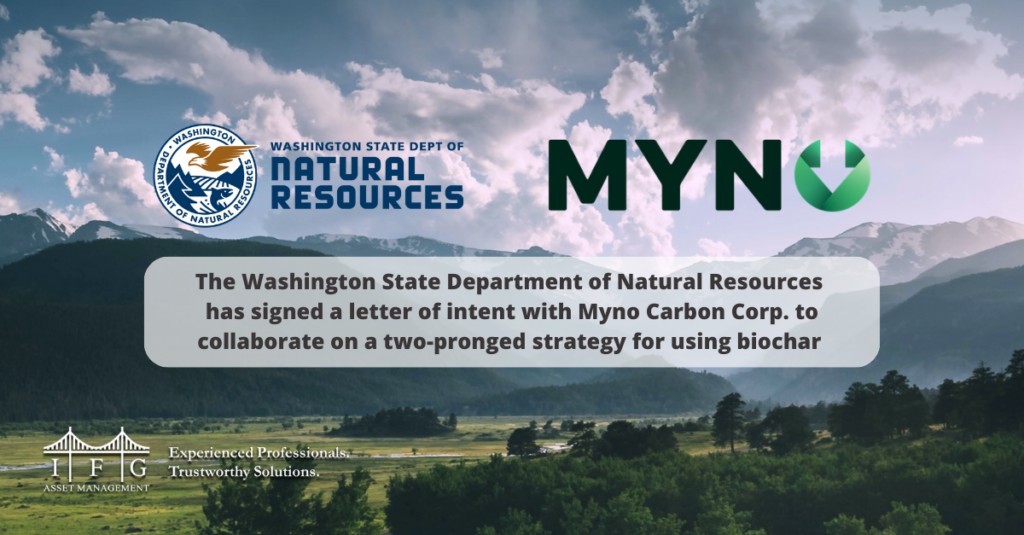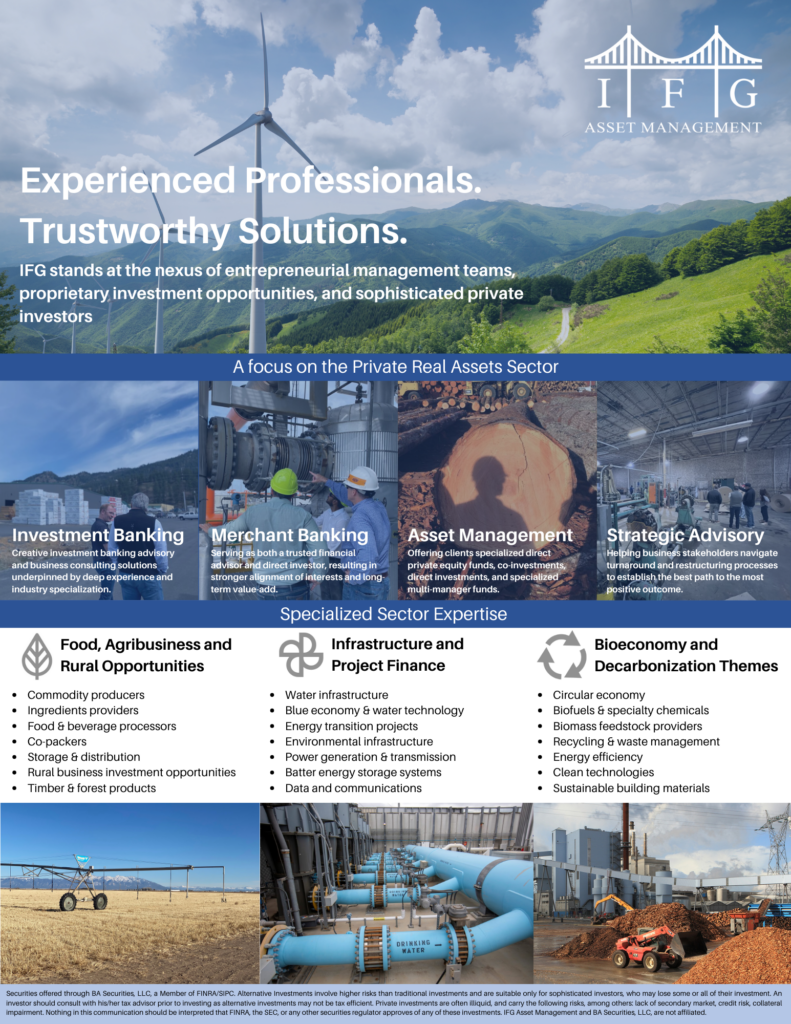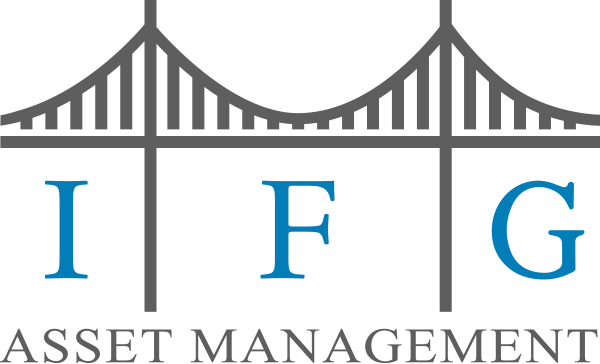Partnership focuses on using forest waste to create and market the use of biochar to support a planned carbon removal facility in Kettle Falls.
The Washington State Department of Natural Resources signed a letter of intent this month with Myno Carbon Corp. to collaborate on a two-pronged strategy for using biochar – a carbon-rich product created from slash and other byproducts of forest restoration treatments and timber harvests – to sequester carbon and reduce the risk of catastrophic wildfires in Eastern Washington.
DNR’s 20-Year Forest Health Strategic Plan for Eastern Washington, published in 2017, highlights how biochar can support the overarching forest health goals of DNR and its many partners. The black, highly porous material created when biomass is placed in an oxygen-limited environment and subjected to temperatures well above 500 degrees Celsius has been shown to improve soil health, enhance drought resilience, and reduce the need for chemical fertilizers in agriculture.
Active forest management practices, such as mechanical thinning of overstocked stands of unhealthy trees, leave behind many piles of slash and woody debris with little to no market value at each worksite. These piles not only release carbon as they decay, but they can also attract invasive species, serve as fuel for wildfires, and impact regional air quality if they burn.
Through this partnership, Myno and Avista Utilities will take in unmerchantable slash residuals from DNR-managed timberlands to produce renewable electricity and biochar, locking away that carbon into a material that does not degrade.
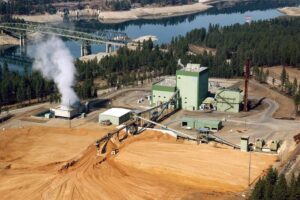
Spokane-based Avista Utilities’ Kettle Falls Generating Station is the first wood waste–fired power plant in the U.S. built solely to generate electricity. The facility annually burns about 500,000 tons of wood waste from Pacific Northwest and Canadian lumber mills. The DNR signed a letter of intent this month with Myno Carbon Corp. to create biochar in partnership with Avista. Biochar is a carbon-rich product created from slash and other byproducts of forest restoration treatments and timber harvests – to sequester carbon and reduce the risk of catastrophic wildfires in Eastern Washington.
“This bold, innovative partnership with Myno has the potential to be a cornerstone of our commitment to resilience in the face of climate change,” Commissioner of Public Lands Hilary Franz said. “I’m thrilled to see the market for biochar continue growing in Washington state and across the Pacific Northwest. We can create steady jobs in support of our rural economies that also help capture carbon and restore our forests to full health. This is a win-win for everyone who wants to keep the Evergreen State evergreen.”
The partnership between DNR and Myno will take shape at the same time Myno works with Avista to co-locate its first carbon removal facility at Avista’s Kettle Falls Generating Station. By integrating its facility into Avista’s existing infrastructure, Myno aims to use slash and other forestry byproducts to generate biochar and renewable electricity while creating green jobs in the rural timber communities of Washington.
According to the letter of intent, Myno and Avista will take in slash residuals from DNR managed timberlands and produce up to 5,000 tons of biochar available each year starting in 2024 for carbon sequestration activities, such as the voluntary incorporation of biochar into soil conditioning routines by growers who lease agricultural lands from DNR. The parties will also work to secure a research partnership to monitor and document the costs and benefits associated with biochar as a soil amendment.
“Teaming up with the Washington DNR and Avista Corporation, Myno is at the forefront of advancing large-scale biochar carbon removal,” Myno Carbon CEO Thor Kallestad said. “By utilizing DNR’s slash residuals for biochar production, we’re mitigating wildfire risks, enhancing forest health, and accelerating carbon sequestration and agricultural productivity in our region. Together, we’re forging a more resilient future through innovation and collaboration.”
Myno intends to begin full-scale biochar production at its Kettle Falls facility in 2026. At that point, Myno will process 183,000 bone-dry tons of sustainably sourced biomass residuals to generate 40,000 tons of biochar per year, along with 18 megawatts of baseload renewable electricity.
DNR has agreed to collaborate with Myno and Avista to not only supply a stock of biomass from readily available sources on state lands, but to begin a pilot project to examine ways in which barriers to additional resources can be solved. There will also be opportunities for private industry partners to engage in the pilot project, particularly in areas where traditional forest manufacturing infrastructure and rural jobs have been lost.
